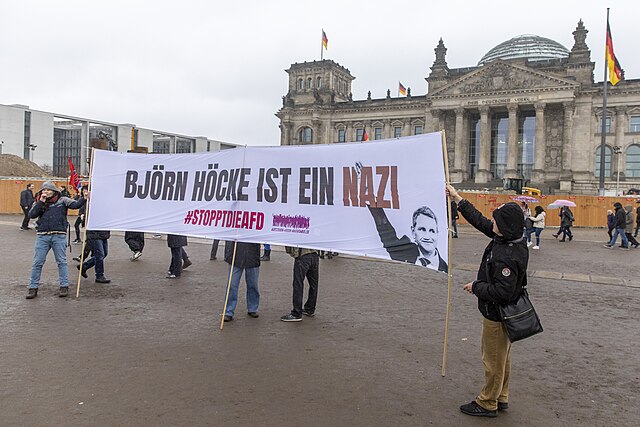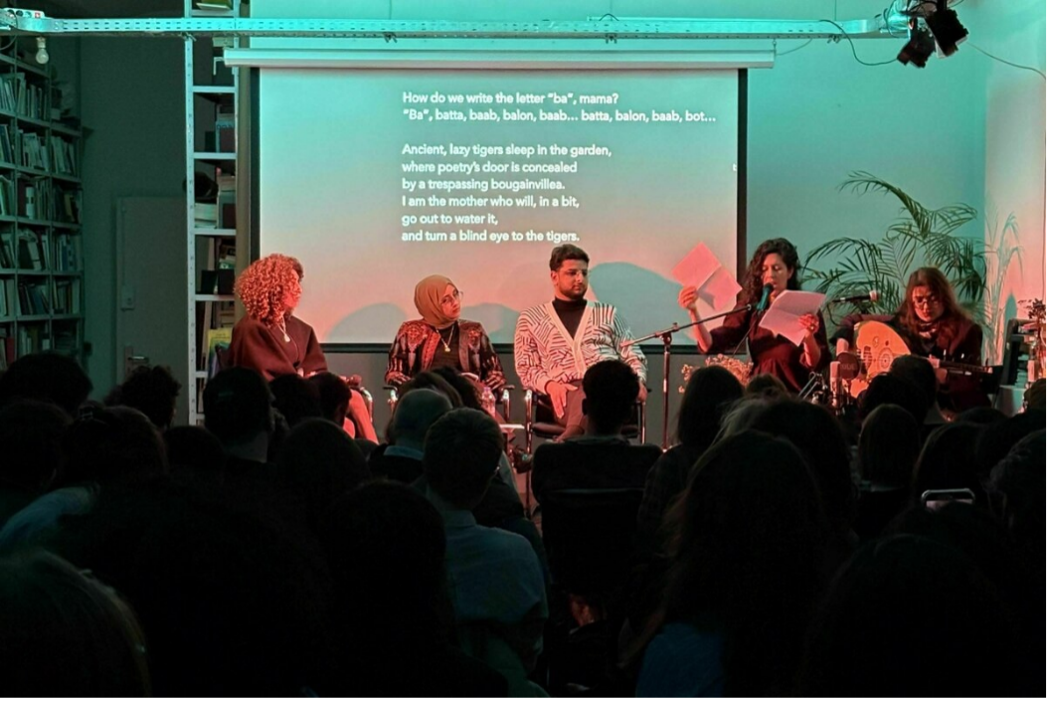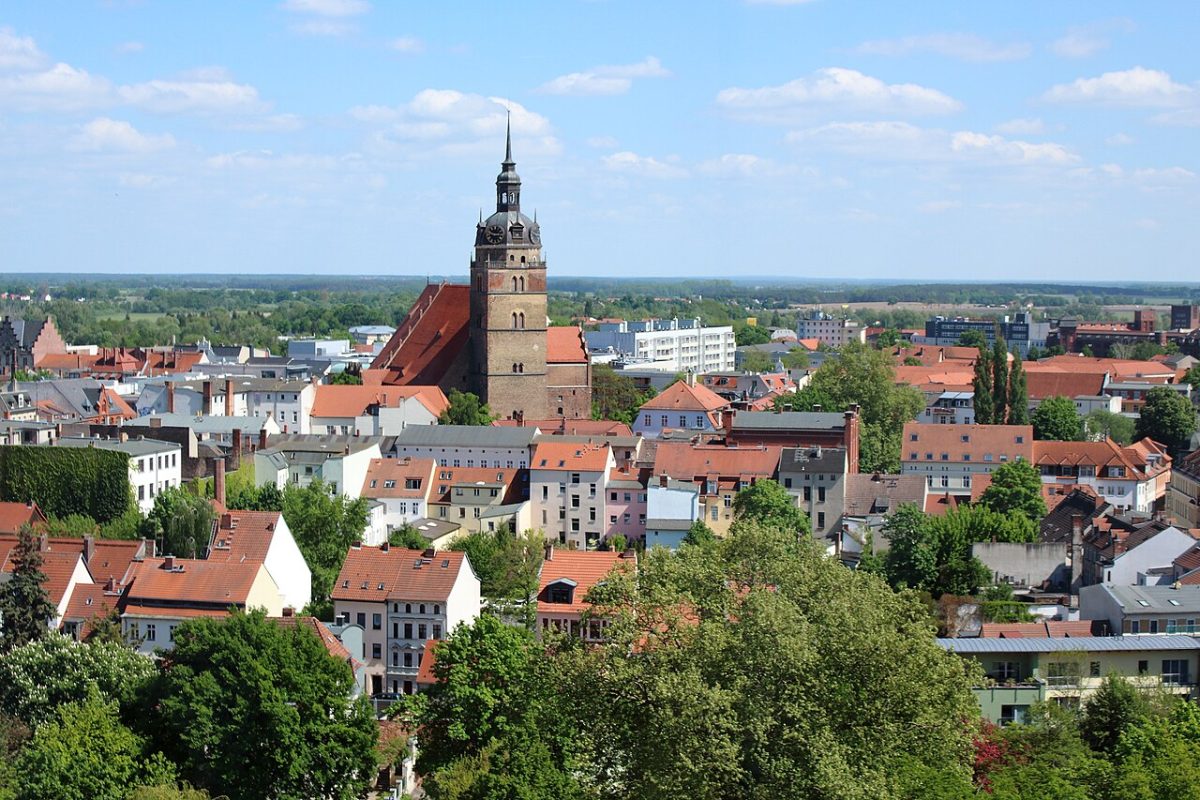For the first time since World War II, a far-right party has won a state election in Germany. The AfD received the largest share of votes in the state of Thuringia, winning over almost 33% of voters, and the second largest in Saxony. So, now that an anti-immigrant, Eurosceptic party has more than just a foot in the door, what does the future hold for German politics?
The regional elections took place on Sunday, September 1st, with voters across Thuringia and Saxony, both located in former East Germany, heading to the polls. An election in Brandenburg is also scheduled for later this month. The AfD leader for Thuringia is Björn Höcke, one of the most hard-right members of the party, who has been fined for using Nazi slogans, and deemed an extremist by Germany’s domestic intelligence agency.
But, how important are these elections to Germany’s political landscape as a whole? Thuringia is home to less than 3% of the German population, so, whilst the results indicate a worrying trend, the region is not necessarily representative of Germany’s wider voting patterns.
The AfD now has a Sperrminorität, or a blocking minority, meaning that any decisions that require a two-thirds majority will have to be approved by the party. Olaf Scholz has called for a political ‘firewall’, asking other parties to unite to prevent the far-right from governing (something co-leader Alice Weidel has called ‘undemocratic’). Despite their recent success, analysts believe it unlikely that the AfD will participate in government, as no other parties will be willing to form a coalition with them.
The results are indicative of a long-term pattern; that voters in eastern Germany are far more likely to vote for hard-right and populist parties (both left and right) than their western counterparts. The left-wing populist BSW (Bündnis Sahra Wagenknecht) performed very well, especially considering the party was only founded in January of this year, coming in third place in both Saxony and Thuringia. One reason for this disparity is the lasting political repercussions of the GDR era – a different understanding of democracy and national identity that the AfD has successfully exploited.
The Russia/Ukraine war is an important issue in this election; in fact, Russian media has purported that the AfD and BSW’s success is down to their pro-Russian foreign policy. Links to Russia are stronger in the former-Soviet eastern states, and there are still large numbers of German citizens with Russian heritage (Russlanddeutsche). Studies have shown that Russlanddeutsche are more likely to vote for the AfD than the general population, and the promise of rekindling relations with Russia is a big draw.
However, the AfD’s key talking point that likely won over Thuringia was immigration. The election came just over a week after a mass stabbing in the city of Solingen, where three people were killed by a Syrian man believed to be a member of Islamic State. His asylum application to Germany had been rejected, yet he managed to remain in the country.
Politicians have used this case to push for more stringent immigration policies and fewer asylum admissions – Björn Höcke tweeted ‘Finally put an end to the misguided path of forced multiculturalisation!’, and an AfD representative for Brandenburg called for a ban on asylum seekers attending public events. But it wasn’t just the far-right who politicised the incident; Olaf Scholz and other members of his coalition also called for more deportations, perhaps a tactic to minimise the AfD’s power, that has since backfired.
Olaf Scholz’s coalition government is unpopular. In retaliation to the current political establishment – made up of the SPD, the Greens and the FDP – many voters have turned to the far-right and populist left. It suggests a break from centrism across Germany, and a pivot to more extreme policies, particularly regarding immigration and international relations. Yet, the future of Germany’s political landscape will not ultimately become clear until September 2025, when the federal Bundestag elections will take place.




